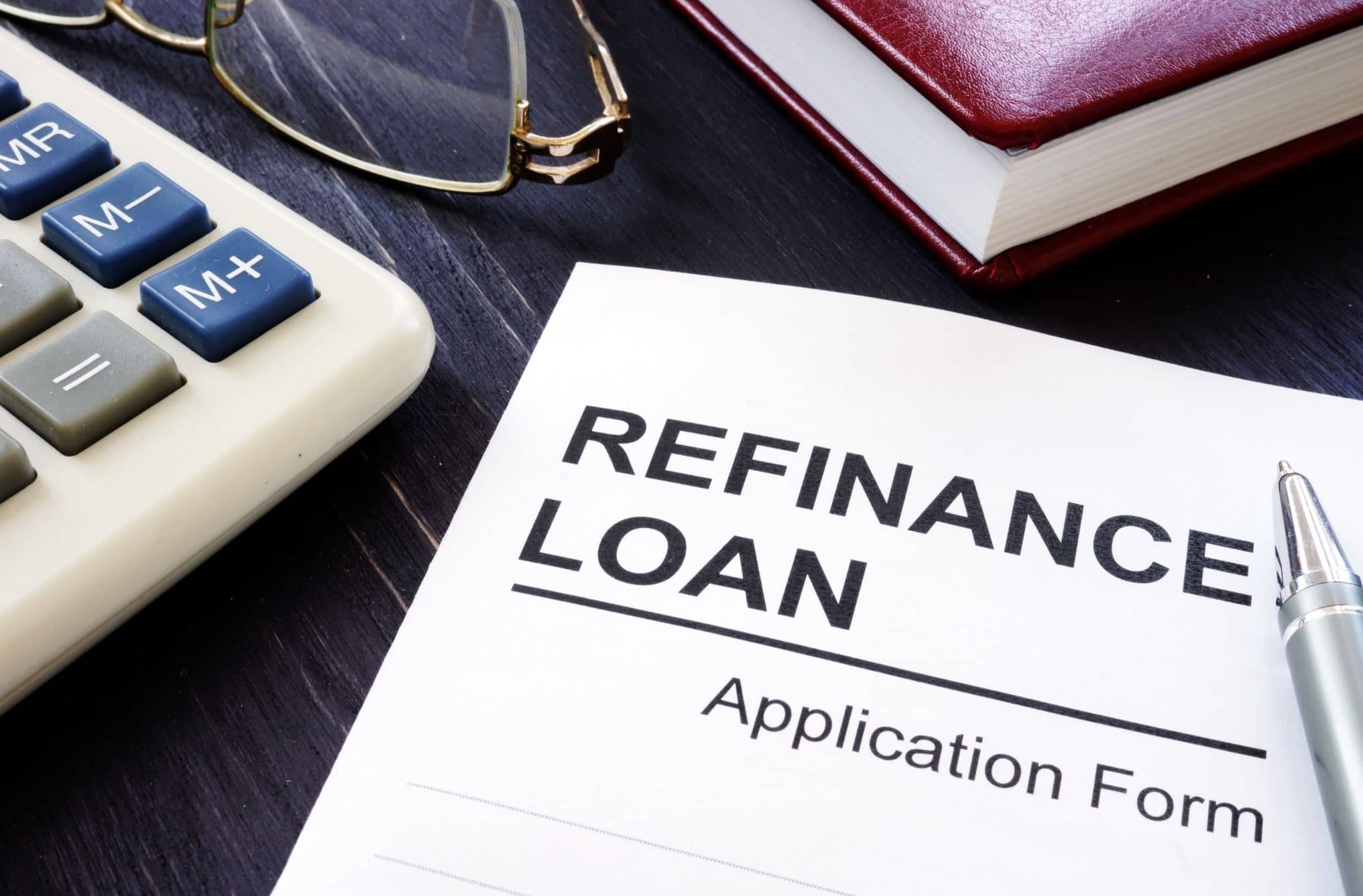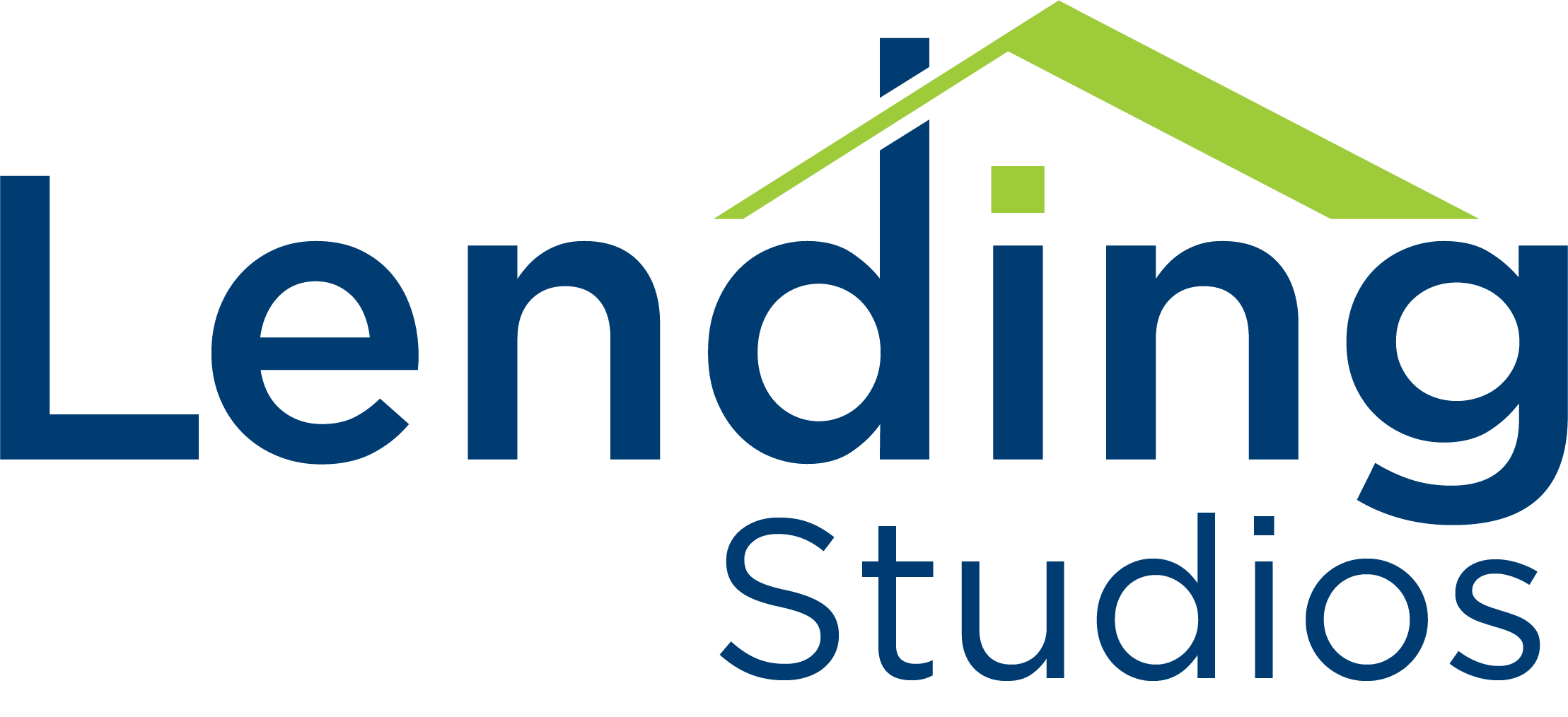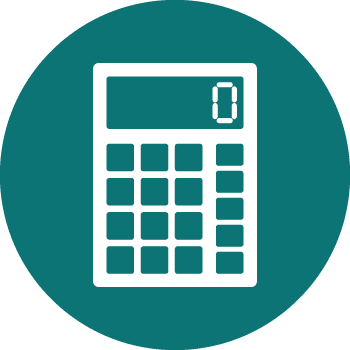What Does it Mean to Refinance?
The process of a loan refinance involves taking out a new loan in order to pay off an existing loan(s) or to access equity on a mortgage loan. Typically, borrowers will choose to refinance to obtain a lower interest rate or lower their loan repayment amount.
Before you choose to refinance your mortgage loan, it is important to understand your options and reasons for refinancing.

Why Should You Refinance?
Borrowers with sufficient equity in their homes can refinance to meet current personal or financial needs. Most borrowers will refinance in order to:
- Leverage a lower interest rate.
- Pay off a loan sooner by shortening a loan term.
- Cash-out-refinance to use home equity for home improvements or to pay off high-interest loans/credit cards. With a cash-out refinance, you refinance for a higher loan amount than what you owe and get to keep the difference. Any proceeds you receive are tax-free. Typically, mortgage interest rates are lower than interest rates on other debts. For this reason, a cash-out refinance can consolidate or pay off debt in a financially-smart way. Also, mortgage interest is tax-deductible, but the interest on other debts usually isn’t. (Use our Cash-Out-Refinance-Calculator to see if this option would be a good fit for your goals.)
- Replace an adjustable-rate mortgage to a fixed-rate mortgage.
- Eliminate mortgage insurance. Refinancing can sometimes drop the need for mortgage insurance – a monthly fee you pay to protect your lender in the event that you default on the loan.
What to Know Before You Refinance
Before going through the process of refinancing a loan, there are a few important things to evaluate. First, check your credit score to ensure that you will be able to obtain lower your interest rate. Remember, interest rates and the amount you will be permitted to borrow are dependent on your credit score.
Know your debt-to-income ratio or DTI. DTI is your total monthly debt payments divided by your gross monthly income. DTI is a way lenders determine your ability to repay the money you’re borrowing. (Most lenders require a DTI of 50% or lower. A DTI that’s too high could disqualify you from refinancing or limit your refinance options.)
Secondly, refinancing does come with a cost, upfront. Typically the savings that follow over the long-term far outweigh the refinancing costs, but there are cases where this isn’t true. So, it is important to evaluate this with your lender or with Lending Studios Support. Refinancing will have a loan origination fee, closing fee, and other loan fees.
Not All Refinancing Options Are the Same – Shop Around
When it comes to refinancing your home mortgage, not all packages are the same; not all lenders will offer the same interest rates or deals. Make sure you examine all your lending options to uncover your best rate and the best terms.
Seek out a few quotes before inquiring with your current lender. See what kind of rates you can get from competitors before inquiring with your current lender about refinancing. This will help you negotiate better terms with your current lender.
Lending Studios is here to assist homeowners to determine their eligibility for loan refinancing.
Our mortgage calculators are a great tool to gauge your readiness for particular types of lending products:
Mortgage Calculators
Quickly predict your monthly mortgage payment and interest with this customizable tool!
Mortgage Resources
Leverage the tools you need to find a borrowing solution that fits your particular needs and budget.
Mortgage FAQs
Get answers to the most commonly asked mortgage questions.




